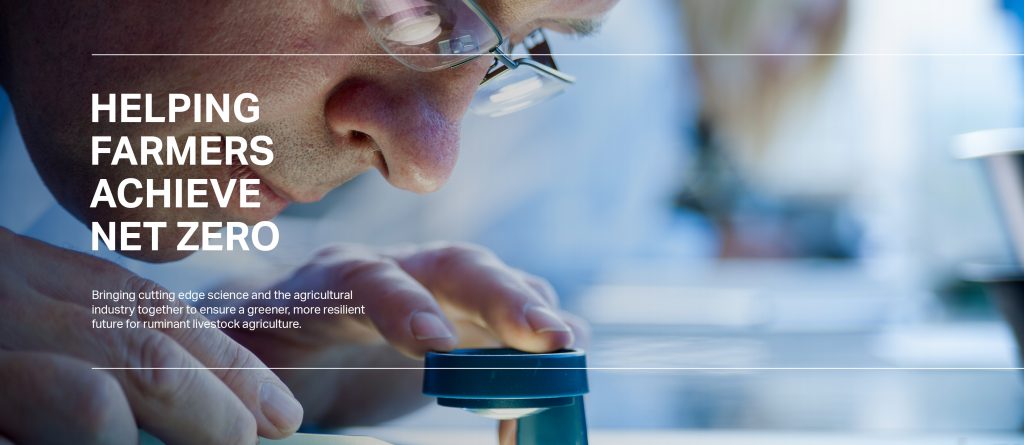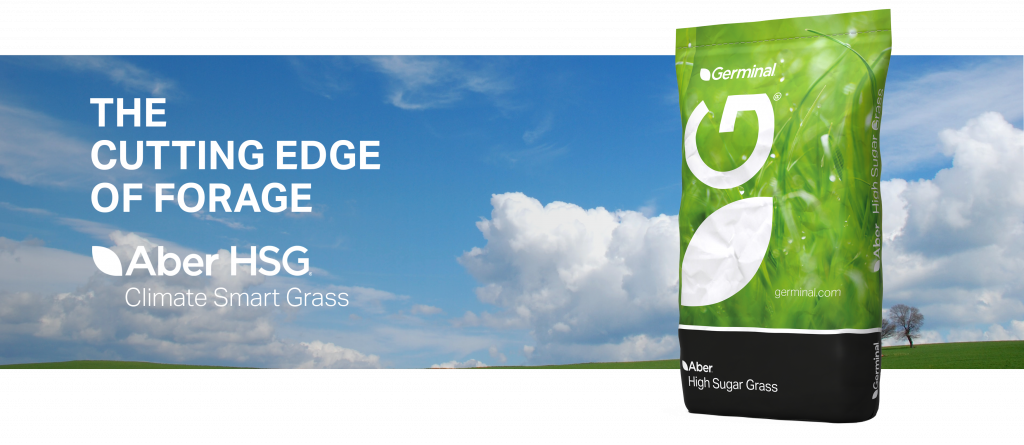
A STRATEGIC COMMITMENT TO RESEARCH
Germinal believe the future of sustainable agriculture lies with science. Embedding research at the core of our strategy is part of our vision – to bring innovation closer to agriculture.
As grassland specialists, we understand the need for responsible forage solutions for food production. How we grow and what we grow matters. The Germinal grassland research team at IBERS will focus on developing products that address current climate change challenges. From field to lab we are advocating strategies to support efficiency and sustainability while maintaining productivity.
Developing progressive and novel varieties will aid farmers in their role as producers and stewards of the land. Soil and water are vital resources that need to be responsibly managed.
Developing crops that are more resilient to pests and environment stress, that remain productive over longer periods and mitigate climate effects will be key research objectives. Consumer health is also an important factor as it links directly to source quality. Selective breeding for quality traits in plants that improve what we consume will also inform our research activity.
PRODUCTIVE GRASSLANDS FIT FOR THE FUTURE
FORAGE RESEARCH
PROJECT AREAS
Capturing
carbon
DROUGHT RESISTANCE / FLOOD CONTROL
Disease and pest resistance
IMPROVED TOLERANCE
More resilient grasses and forage legumes
LONG TERM CARBON STORAGE
Reducing
emissions and
nutrient efficiency
REDUCTION IN NITROGEN USE
Clovers which require less applied phosphate
IMPROVED WATER QUALITY
Aber High Sugar Grasses
REDUCTION IN METHANE AND AMMONIA
Aber High Lipid Grasses
REDUCTION IN METHANE
Productive home
grown protein
PEST AND DISEASE RESISTANT
Unique white clover crossed with Ambiguum Clover
REDUCTION IN APPLICATION OF MINERAL NITROGEN
Unique stoloniferous red clovers
GREATER GRAZING TOLERANCE
Clover species high in tannins
SAFER ANIMAL GRAZING
INNOVATION IN THE MARKET
Grass is at the heart of livestock farming and it is a vital part of quality milk and meat production.
Aber High Sugar Grass (Aber HSG) is scientifically proven to reduce emissions. Feeding ruminant livestock Aber HSG can reduce the amount of harmful greenhouse gasses they omit and implemented as part of the supply chain it is a viable and sustainable option for food producers. For farmers, it is superior nutrition for animals with clear environmental benefits and production gains.

partnership with Germinal?
Contact:
Dr Mary McEvoy B. Agr. Sc., Ph.D
